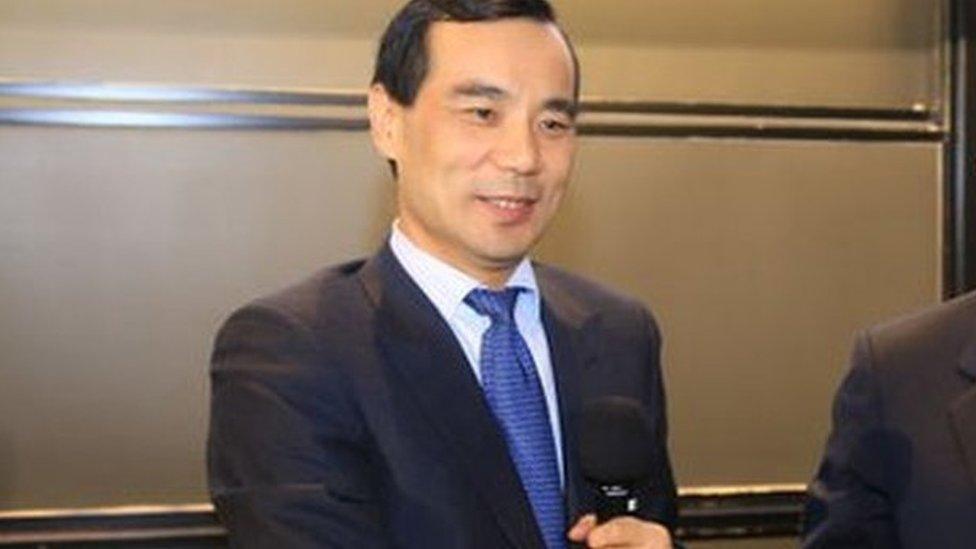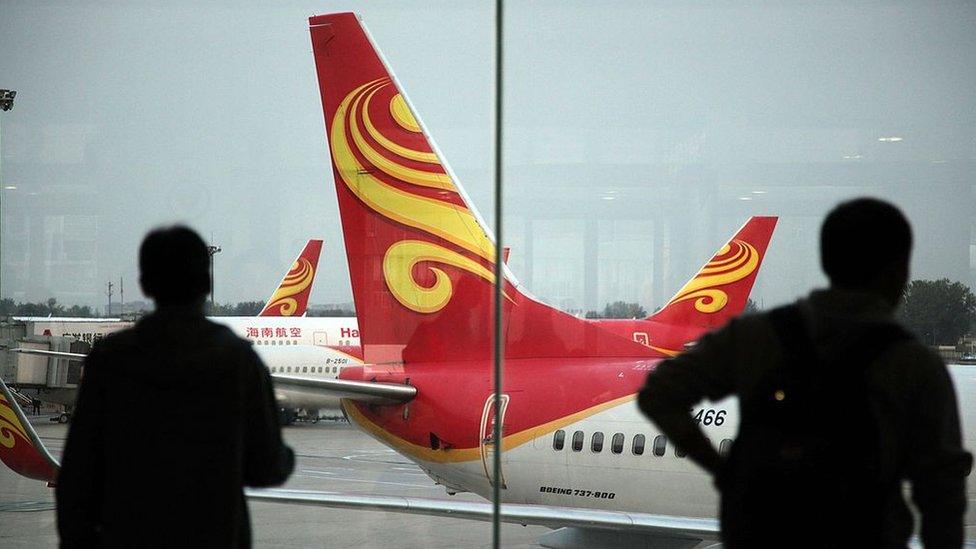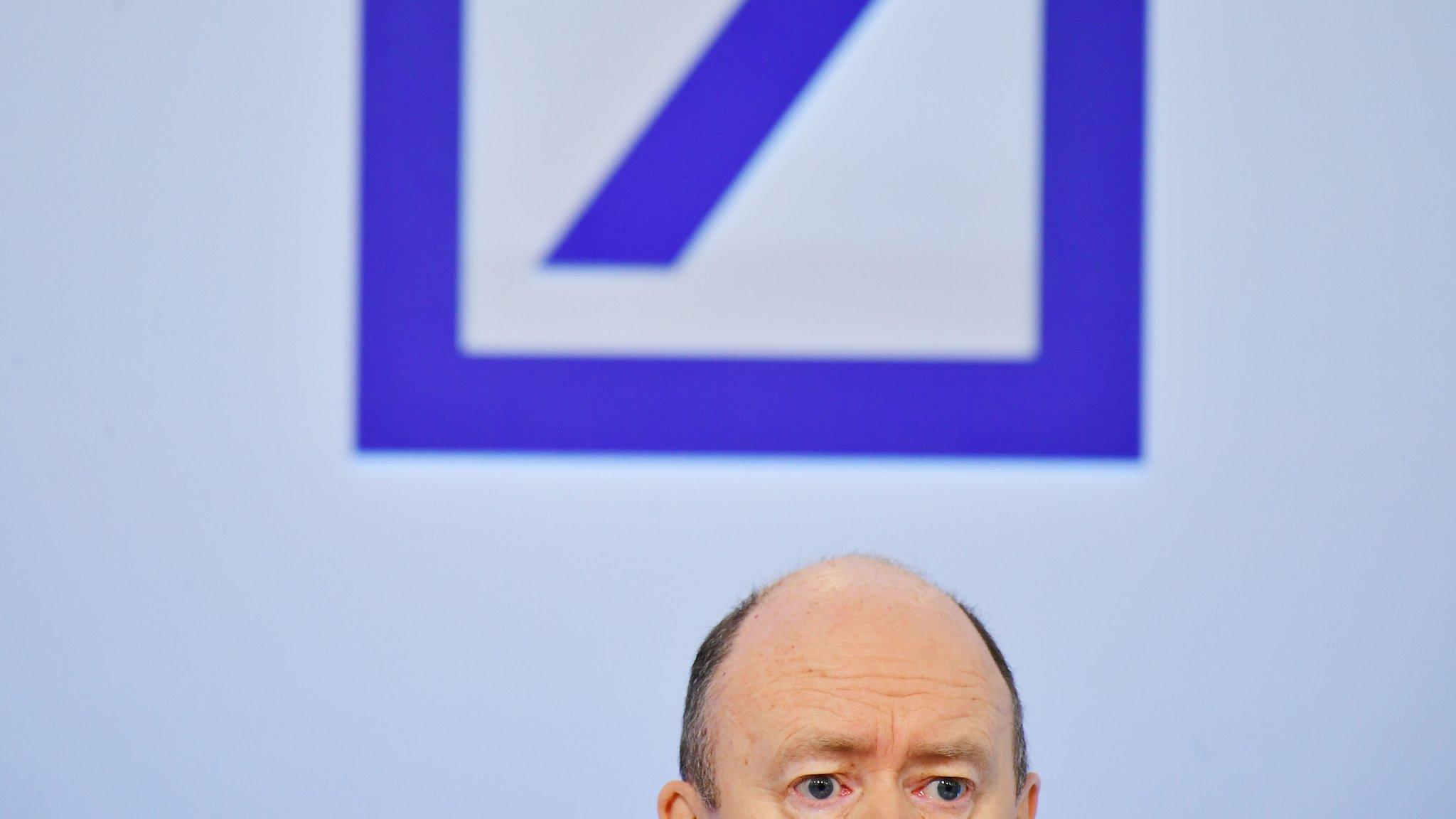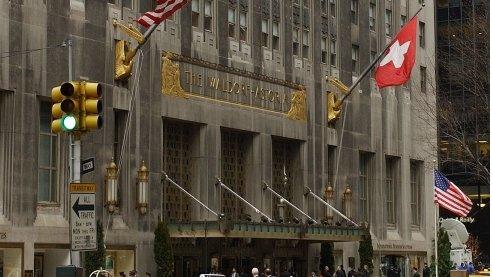China raises heat over foreign investment
- Published

Fosun International bought Championship side Wolves last year for £45m
Shares in two of China's biggest conglomerates, Fosun International and HNA, fell by about 6% on Thursday, amid rumours that banks had been ordered to assess their loan exposure to them.
Fosun bought Wolverhampton Wanderers football club last year, while HNA is Deutsche Bank's biggest shareholder.
Reports said the banking regulator had also told lenders to investigate loans to Anbang Insurance, Odeon UK cinema owner Dalian Wanda and Zhejiang Luosen.
All five are big overseas investors.
The conglomerates' other high profile acquisitions include Zhejiang Luosen buying AC Milan football club earlier this year.
HNA also owns airport services firm Swissport and airline caterer Gate Gourmet, and it has a 25% share in Hilton.
Anbang owns New York's Waldorf Astoria hotel.
Dalian Wanda's film division is the world's biggest cinema operator, and also owns the UCI chains in the UK.

A reminder of who's in charge: Analysis by Robin Brant, BBC News, Shanghai
As is often the case in China there's economics at play and then there's politics.
Chinese money has bought up a lot of foreign assets recently; English football clubs, a slice of Germany's biggest bank, New York's most famous hotel and a Hollywood production house.
But the authorities want to stem the flow of money out of the country.
China's banking regulator has concerns too about how it's all been funded. The sale of short-term high-return wealth management products is of particular concern.
This is also a hugely important year for President Xi Jinping who is almost certainly on the brink of starting his second term as communist party chief.
The warning about "systemic risk" sends a message to some of the country's most prominent - and most connected - business leaders, reminding them who is in charge.

Trading in Wanda Film Holding's shares was suspended after they fell by nearly 10% in Thursday trading. The company subsequently denied as "malicious speculation" rumours that some banks were offloading the company's bonds.
It said the shares would resume trading on Friday.
The China Banking Regulatory Commission (CBRC) had told lenders to conduct internal assessments of their credit-risk exposure to acquisitive companies, according to business magazine Caixin, quoting sources, external.
The CBRC has been attempting to stem the flow of money leaving China.
Last year China's companies invested $225bn (£178bn) overseas. The outflow has put pressure on the currency, the renminbi, and drained foreign exchange reserves.
- Published14 June 2017

- Published6 June 2017

- Published3 May 2017

- Attribution
- Published21 July 2016

- Published7 October 2014
